While the worldwide COVID-19 pandemic is still far from being controlled, with countries all around the world reporting more and more cases with each passing day, researchers in Australia have already figured out how the body kills the coronavirus.
As each one of us is responsible for the rest of our family members, friends, neighbors, and even everyone else in our countries, we should all try and help with what we can.
Each one of us should do our role as best as possible to ultimately help out lessen the coronavirus impact, both in our countries and worldwide. This starts by respecting our governments’ requests to help mitigate the spread, including procedures like social distancing, as well as careful handwashing, which should be done several times per day, even more than normal.
These two first measurements should ultimately help medical systems around the world to not become overwhelmed, as doctors need time to treat severe cases while other health professionals worldwide (like lab researchers) attempt to develop vaccines or even new drugs that will speed up the healing process for those already infected.
Nonetheless, for any person who was unfortunate enough to get infected with the new SARS-CoV-2 Coronavirus, which can cause COVID-19 disease, know that there are good news, as it turns out that most people will recover, and that’s because of the body’s immune system.
As mentioned before, a team of researchers from the Peter Doherty Institute for Infection and Immunity (located in the City of Melbourne, Australia) were finally able to understand exactly how the body fights and kills the SARS-CoV-2 virus.
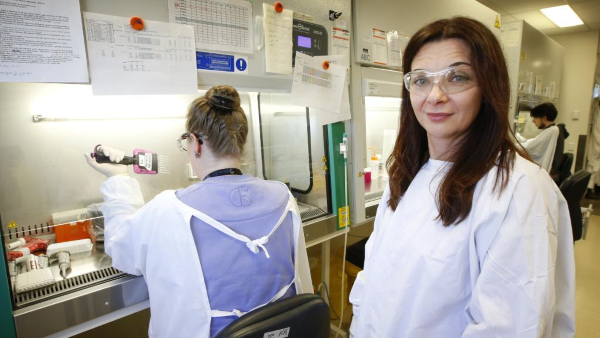
Their research’s early results will help other health professionals around the world to develop new treatments that could extend immunity, or potentially even eradicate the disease all together.
The team of researchers from Australia just very recently made the announcement, declaring that they finally discovered how the human body’s immune system fights the infection, and revealing that it happens exactly in the same way it would deal with the regular flu.
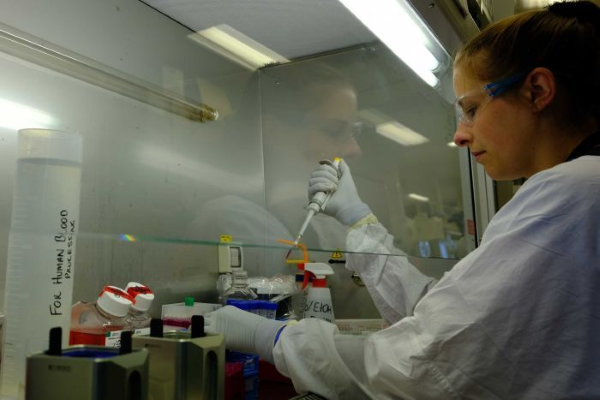
This recent COVID-19 coronavirus research helped to prove that this immune response/reaction was valid for mild-to-moderate cases for the time being, which then, according to that same research, progressively leads to an individual’s full recovery.
Nonetheless, it’s important to note that it is still unclear for exactly how long that immunity period lasts, as there are still no guarantees that once healed, the body will not contract the same COVID-19 disease once again.
Laboratory head Katherine Kedzierska explained about her team’s research’s discovery to ABC News Australia.
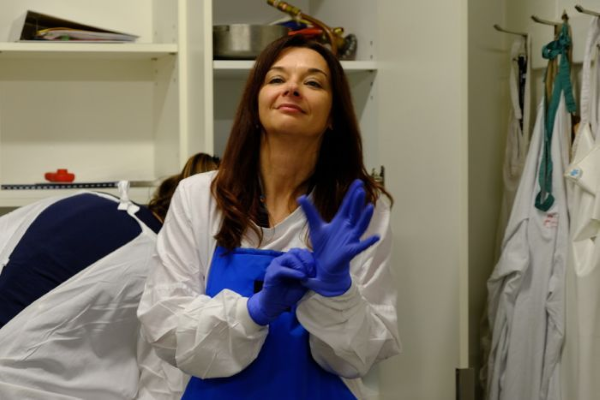
“The immune cell populations we have seen emerging before patients recover are the same cells that we see in influenza. This information will allow us to evaluate any vaccine candidate as in an ideal world; the vaccine should mimic our body’s immune response.”
Lab researchers from the Peter Doherty Institute for Infection and Immunity had already been preparing for a threat like the one associated with COVID-19 for years on out.
This ultimately allowed this team of researchers to be the very first one in the world to accurately explain what mechanism the human body’s immune system uses to deal with the coronavirus after getting infected.
Thanks to a “research preparedness platform” led by Infectious Disease Specialist Irani Thevarajan, the team of researchers already had access to that platform’s developed necessary logistics that were required to deal with the arrival of a new virus.
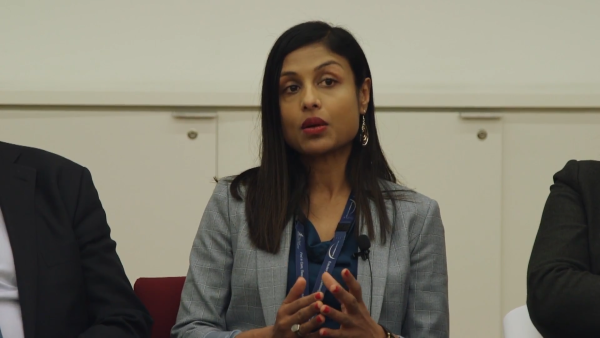
Additionally, the Australian team of researchers also accounted with existing protocols that helped them fast-track their research, ultimately allowing them to save some precious time.
Dr Thevarajan also confirmed how helpful it was to have already existing protocols for a potential new virus, stating that “the delay could have been months… it wouldn’t have been from patient to research in four weeks.”
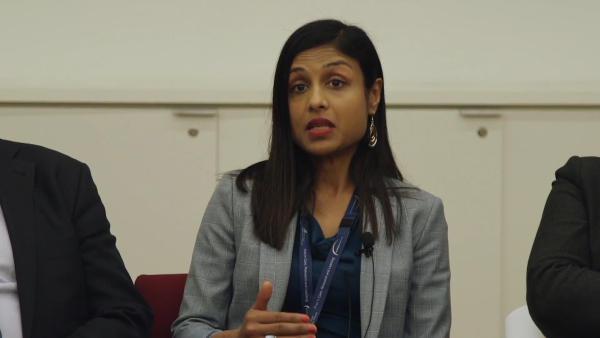
During their research, the team of scientists analyzed several blood samples from a woman in her 40s, who was also one of the first coronavirus patients in Australia.
The woman had been admitted to a hospital with several symptoms such as dry cough, sore throat, lethargy, and even fever, which all came after a trip to Wuhan, the Chinese region where it all originally started.
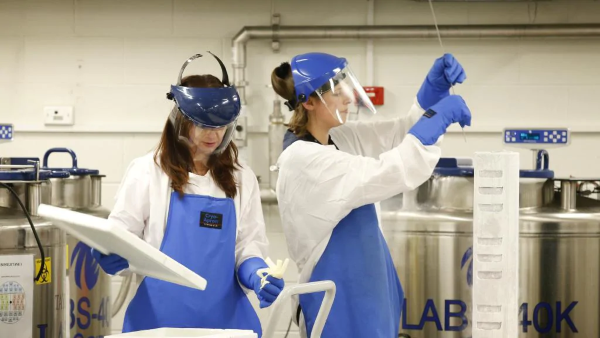
“We found in this patient at three days, we could see emergence of immune cells in the blood,” Immunologist Professor Katherine Kedzierska stated. “Based on our experience with patients with influenza, we could predict recovery, and that’s exactly what happened in COVID-19.”
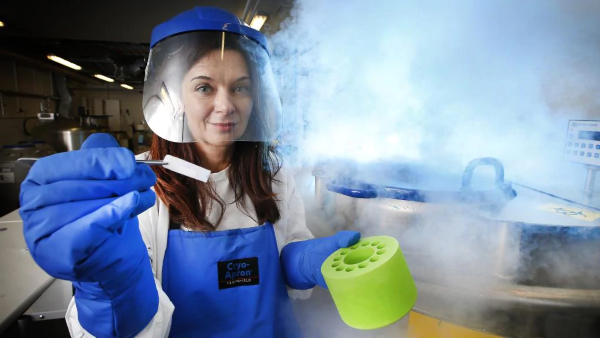
Other than helping to develop a vaccine, the team’s research’s new findings might also help doctors around the world to determine the disease’s progress for each of their patients.
Specific markers in the blood could be used to find out if a patient will develop more severe symptoms, which could ultimately prove to be a key achievement for fighting COVID-19.
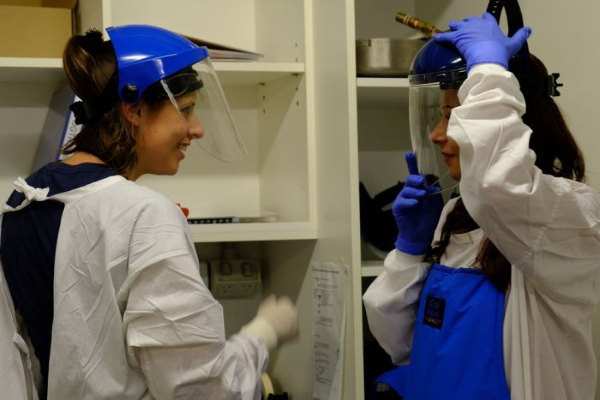
This could allow doctors to tell upfront whether a case is severe or mild, and then take appropriate measures.
Since any severe cases have to be admitted into hospitals with treatments that will most likely include intubation and ventilation of the patient, governments around the world are working hard to limit the spread of the disease, as these resources are not only limited, but also costly.
The more people that get infected, the higher the number of severe cases that need to be admitted to intensive care will be. An aggravating and escalating issue like this is exactly what could lead to the collapse of local medical systems.
Lastly, in an effort to come up with new lines of treatment, the Australian team of researchers also stated that they are planning to analyze the human body’s immune system’s response in severe COVID-19 cases.
Furthermore, Professor Kedzierska also noted that it’s still too early to tell how good the acquired immunity is, declaring that “the next question is whether that immune response gives people immunity for weeks or months or years, so we are protected.”
That’s an answer that we’ll only get within the upcoming months, as researchers check with more recovered patients as time goes by.






that’s great news,